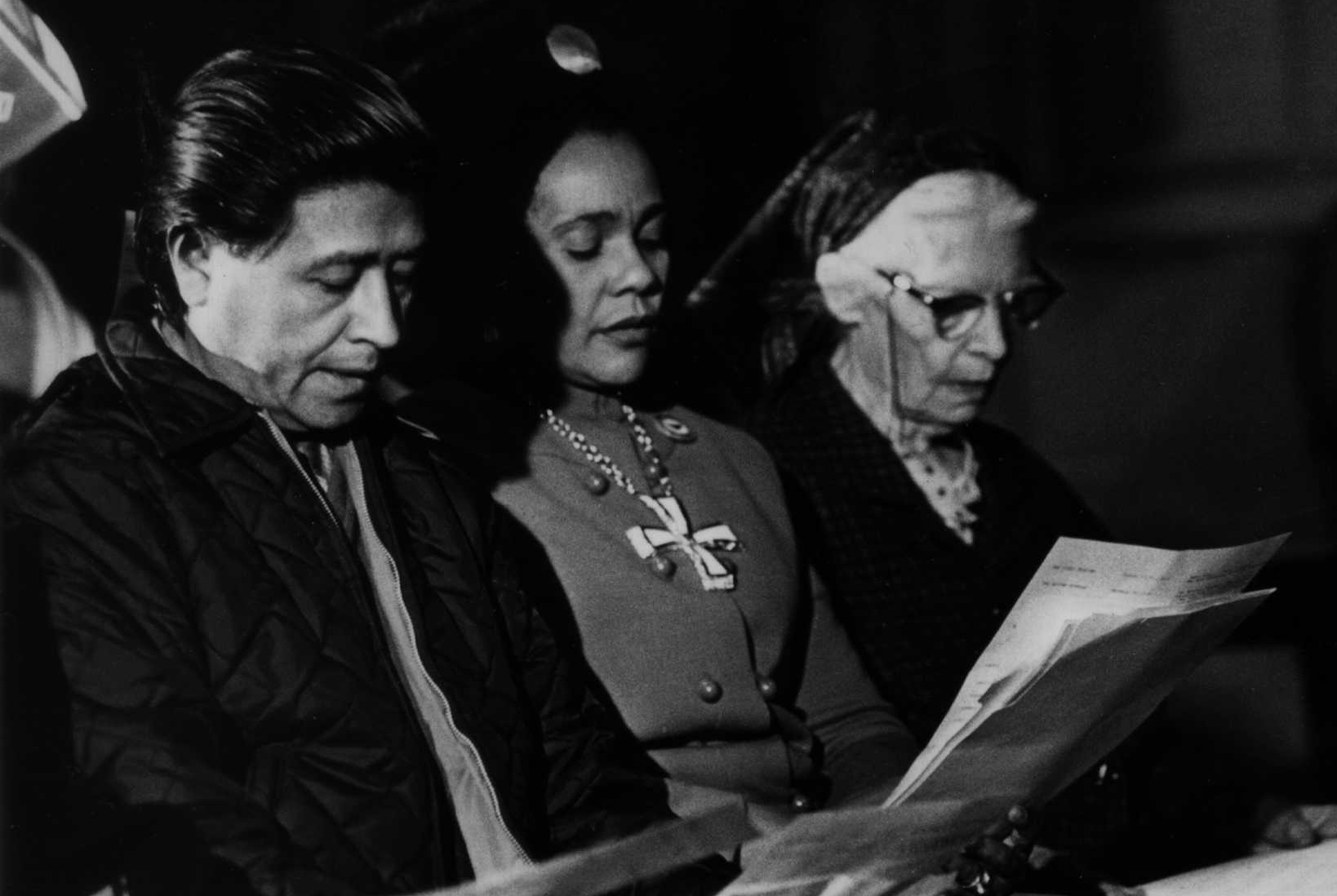I love my country… that country being the land of my birth, Chicagoland. I love the massive church that is the archdiocese. And I love that the local church, after the Chicago-native leadership of Francis Cardinal George (anyone who saw his mixture of toughness and affection with the reporters will know he has inherited the Daley/Chicago style!), is getting the gift of Bishop Blase Cupich as the archbishop-elect. We are undoubtedly in for several church news cycles of the typical speculation about “what this means” and “who’s side is winning.” I’m just happy the church of my birth has a wonderful leader.
Some seeing his opening press conference might imagine him as a simple, down-to-earth guy from the Plains… that temptation might be particularly strong in Chicago! But this would be a big mistake. For those interested in his ideas about the church, I would recommend checking out Bishop Cupich’s subtle, powerful lecture, given last year in Australia. Its subtitle, “Talking about Faith to a Skeptical World in a Secular Age,” should indicate how difficult it will be to pigeonhole this man. Its contents are too rich to summarize in a blog post, but I would highlight several things:
First, he shares Francis’ general approach to evangelization:
“The cultural warrior approach may seem to some to be our only option, given the aggressive response to believers and religion, but in the end it brings little results other than giving us a temporary feeling of self-satisfaction. But even more so, it is not the way of the Gospel.
What we need is an approach that is arresting, forcing people to take a second look at the Gospel of Jesus Christ by the way we speak and act.”
Bishop Cupich here is overcoming a dichotomy between a kind of timid, “humble” Church versus an aggressive, in-your-face Church. These are the wrong options. Rather, we need an “arresting” approach that “forces” people to “take a second look.” The question is not whether the church should be more distinctive or less distinctive, more countercultural or less countercultural – the question should always be HOW is the Church to be distinctive. The context of his lecture – a discussion of widespread skepticism and militant atheist hostility – doesn’t suggest a naivete about the contemporary world. But he does think the Church can take a mistaken approach to this problem.
Second, his resistance to “the cultural warrior approach” is rooted in a deeper theological truth claim:
“Our confidence that the Gospel speaks to the deepest longings of the human heart should give direction to how we speak. …
We have to take seriously our own truth claims, for they will center and be the point of reference to give direction to our response. For instance, we make very specific claims in the Christian Gospel about humanity, human dignity and freedom. What we claim, in the words of Gaudium et Spes, is that “human dignity lies in our call to communion with God. From the very circumstance of our origin we already are invited to converse with God. For we would not exist were we not created by God’s love and constantly preserved by it; and we cannot live fully according to truth unless we freely acknowledge that love and devote ourselves to our Creator” (No. 19).
Statements like this should remind us that the task of bringing others to that life God intends for all involves untying knots and freeing people to be fully alive. It is not about winning an argument. Fulton J. Sheen used to say, “If you are interested only in winning an argument, you will never win a convert.” Similarly, we also believe in the indwelling of the Spirit and trust that Christ is present and working in the world and in people we are sent to bring to Christ.”
Notice that he is making an argument, based on truth claims, for this kind of approach. This is impressive and important. Too often, “being pastoral” and insisting on “the truth of the faith” are offered as competing alternatives. They are not. The truth claims are exactly why we should adopt a certain approach of humble confidence in bringing the Gospel to others. Indeed, Bishop Cupich draws on the oft-overlooked paragraphs 19-21 of Gaudium et Spes, which treat the problem of atheism very well.
Thirdly, this bringing to God involves not only the aforementioned trust that the Holy Spirit is already at work, but also a specific encounter with God: through Jesus.
“We have to remember that for us revelation is not primarily about God’s revelation of the divine will and intention, but about God’s self-gift, communication of self. So it is more accurate to speak of Christianity as an encounter or event. Benedict XVI in Deus Caritas Est points this out: “Being Christian is not the result of an ethical choice or a lofty idea, but the encounter with an event, a person, which gives life a new horizon and a decisive direction.”
But that encounter actually has to happen within the catechetical event itself by introducing people to the transforming power of the name of Jesus. (I am grateful for Father Gerald O’Collins’ post-lecture comments about the need to frequently use the name of Jesus, but also to recognize that we are often reluctant to utter his name, simply because down deep we know it does have power and it makes demands on us.) When the name of Jesus is used intentionally and repeatedly in catechesis, we convey to students, to young people, that Jesus is indeed alive, active and real for their lives…. The name of Jesus has its own power and should not be used sparingly.”
Fourthly, the “seven suggestions” at the end of the lecture pay special attention to social justice in action (not just in policy), to the environment, and to the grave crisis of women in the Church.
“The church must give very serious thought to the peril it will encounter if having lost the workers and the intellectuals in the 19th and 20th centuries it loses youth and women in the 21st century. This is a very big knot that needs attention and it will not be untied lecturing women, and it will not be solved unless men in authority in the church clearly and deeply understand that there is a very great difference between the way women approach things and the way men approach things.”
Fifthly, the entire talk is bracketed by a charming story of Bishop Cupich listening to a story from an immigrant woman about her migration, a painful story that she has not told anyone before. The story indicates exactly how he practices an approach of “encounter” and “accompaniment” in his own priestly life. As he describes it:
“I tell you this story because this encounter and many others like it have centered me in my approach to ministry. I have learned over nearly 40 years of priesthood that ministry is most often about helping people untie knots, listening to them, sitting with them, helping them see the larger picture of their lives, especially when they are stuck in trying to make sense of them.
You have asked me to address the topic “talking about faith to skeptics in a secular age.” I do so as a pastor, as one who comes at this question not as a scholar versed in the social sciences, a debater, an apologist or an advocate defending belief over skepticism or against outright atheism, nor as a cultural warrior distressed by the seemingly relentless attacks on faith and religion in an aggressively secular world but as one who just tries to help people untie the knots of life, and when they do, to support and encourage them to see how God is acting in their lives.”
Finally, as the above quotes should indicate, Bishop Cupich is thoroughly “both-and” in his approach to whom he cites. Benedict and John Paul II are all over the talk, but Cardinals Kasper and Martini also make crucial appearances. Bishop Cupich showed this vividly when asked, in his press conference, about clergy sexual abuse: he vigorously spoke of remembering the 2002 meeting in Dallas and then stepped aside and pointed back to Cardinal George, saying it was his crucial role, against some stiff challenges in Rome, to get the zero tolerance policy approved.
In short, we might say that Bishop Cupich is both interested in and not interested in the church-politics battles that so often preoccupy us. He’s interested in them insofar as he is an astute listener with a sensitivity to what he calls “the knots” that block people from God. But he’s not interested in making the task of “who is best at untying the knots” into yet another knot.





Trackbacks/Pingbacks